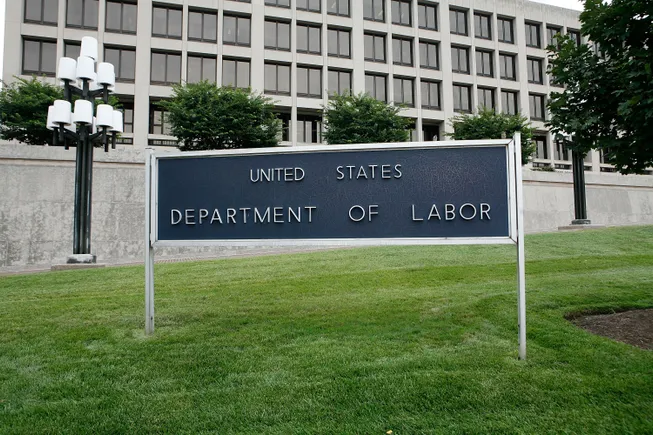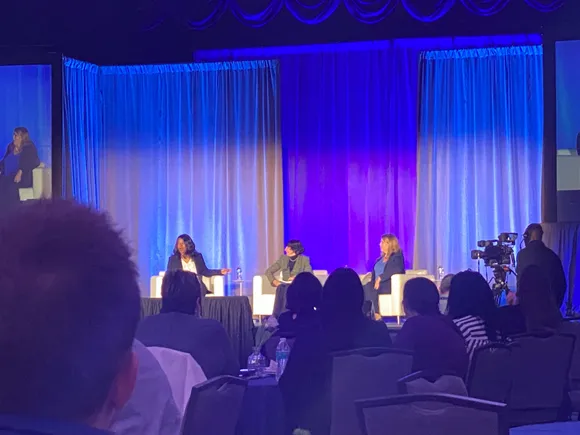When it comes to federal overtime law, the past decade has entailed a certain degree of whiplash for employers.
First came the U.S. Department of Labor’s Obama-era overtime rule, which attempted to raise the minimum wage threshold for overtime under the Fair Labor Standards Act to $47,476 per year — a rule struck down Nov. 22, 2016, just days before it was set to take effect. That kept the overtime threshold at $23,660. Then, in 2019, DOL announced a rule that set the threshold at $35,568 — a rule that did take effect the following January.
DOL finalized yet another change under the Biden administration: The two-prong 2024 rule, which raised the threshold to $43,888 on July 1 and would have raised it to $58,656 on January 1. But just days ago, U.S. District Court Judge Sean Jordan vacated the rule, setting the overtime threshold back to the standard set during the Trump administration: $35,568.
With the administration changing parties again, what do employers need to know about how DOL will proceed? And what should they do about the changes they made to prepare for the now-reversed change in July?
Rule is likely ‘dead’
While DOL has the right to appeal the decision — and may yet do so — the outcome is unlikely to change for a number of reasons, Brett Coburn, partner at Alston & Bird, told HR Dive.
For one, the 5th U.S. Circuit Court of Appeals, where such an appeal would land, is the “most conservative circuit,” he said, likely making for a unsympathetic hearing. While the 5th Circuit recently upheld DOL’s use of a salary basis test to determine pay eligibility, that doesn’t mean it would be likely to reverse in this case, Coburn added.
Additionally, as DOL changes hands to an incoming Trump administration, the agency would almost certainly withdraw any appeal filed during the lame duck period.
Employers can “assume the rule is dead, but keep your ear to the ground,” Coburn said.
What about that July adjustment?
While the rule may now be dead, many employers made classification or wage changes to comply with DOL’s raising of the threshold in July (with at least one exception: the Texas state government). What should they do about those raises or reclassifications?
Probably very little, both Coburn and Chuck McDonald, co-chair of wage and hour practice at Ogletree Deakins, told HR Dive.
Theoretically, an employer that raised workers’ salaries to keep them exempt from the overtime rule could lower those salaries back down, but purely from an employee relations standpoint, McDonald said, the approach would not be advisable.
Coburn also cautioned against dropping workers’ nonexempt status too quickly or without careful consideration.
“People who are in this [salary] range … are the people who are in a gray area as to whether their duties are exempt or not,” he said, referencing the various job requirements workers must meet — in addition to the salary basis — to be exempt from overtime pay. The duties test can be a trickier process to navigate for employers.
Given that such workers “may not be comfortably exempt from a duties perspective,” reclassifying them a second time could potentially prompt them to talk to a lawyer, Coburn said. “You may, by trying to save a little bit, be inviting litigation.”
Managing January plans
Outside of standard annual salary adjustments, employers can comfortably shelve their plans to reclassify employees or change salaries come January, the attorneys said.
Given the rule was vacated a month and a half ahead of time — rather than a week, as in 2016 — organizations were likely more prepared for this outcome than some of the other decisions handed down this year.
“It’s not like the FTC noncompete rule,” Coburn said, “where people were waiting with bated breath.” (That rule was struck down Aug. 20, just two weeks from when it was set to take effect.)
“Most of what I’ve heard is: ‘We’re glad we’ve heard it sooner rather than later,’” McDonald said.
While employers are likely relieved, Coburn noted one down side: The January change may have been a useful way for employers to review and make some classification changes that needed to happen regardless.
“You don’t get a lot of opportunities to make changes without inviting questions,” he said. “This would have provided some explanation.”






Leave a Reply